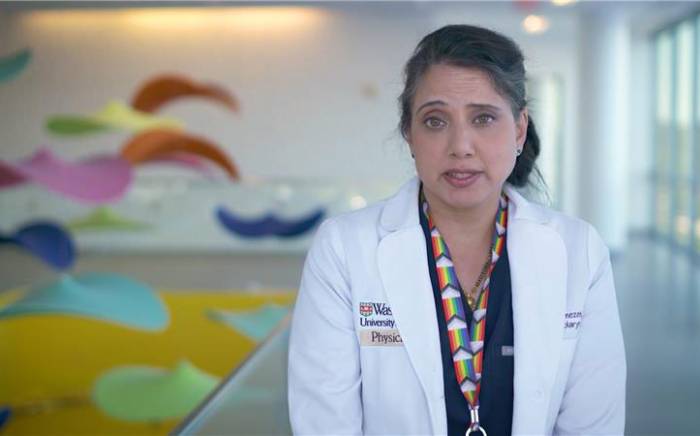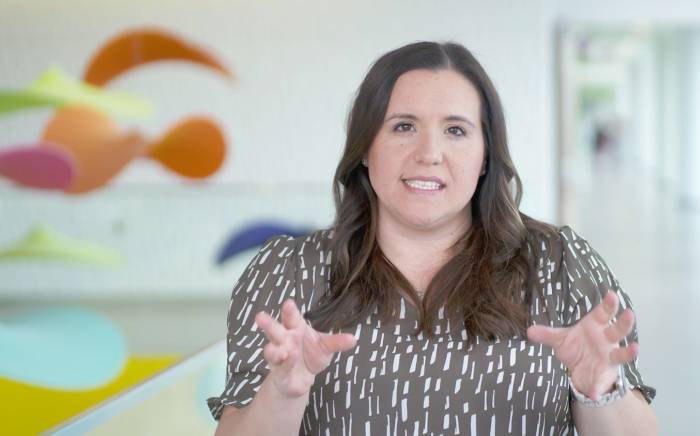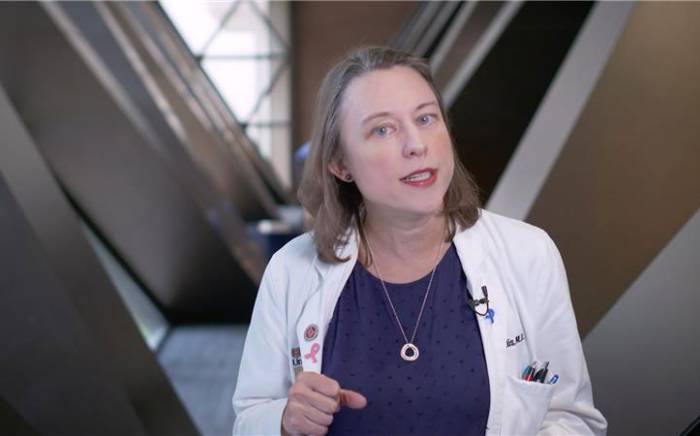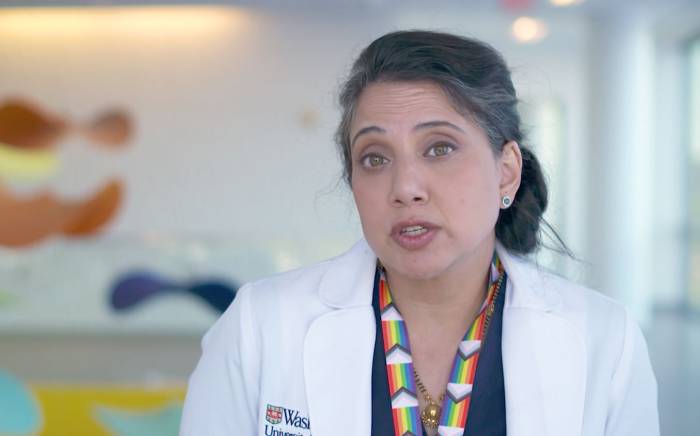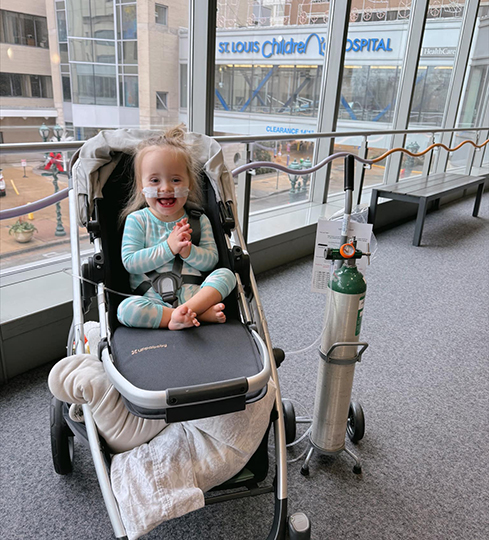Making sure children are on schedule for getting recommended vaccinations is the best way to protect them against serious diseases.
Vaccines are weak forms or parts of germs. They work by making the body form antibodies. These are proteins that fight infection.
“Vaccines allow us to prevent infections instead of just treating them,” says Rachel Orscheln, MD, a Washington University infectious disease physician at St. Louis Children’s Hospital. “Many of these diseases, such as measles, are quite dangerous and still infect people in the United States and around the world. However, they are much less common than they used to be, thanks to vaccines.”
Rally the troops
“When we face a germ for the first time, the body forms antibodies to help fight the infection,” Dr. Orscheln says. “The next time we face the same germ, the antibodies are ready to fight the illness before it makes us sick.”
Vaccines help the body create these antibodies before an infection occurs. That way, when germs attack, the antibodies that have already been made are ready to fight back, keeping you from ever getting sick.
Calming concerns
Some parents worry that vaccines may be linked with causing certain disorders, such as autism. This is not true.
“Another concern I sometimes hear from parents is that vaccines will overwhelm children’s immune systems,” Dr. Orscheln says. “The immune system is made to deal with lots of different challenges from birth. There is no chance that vaccinating children will overload their body’s natural defenses. In fact, vaccines make a child’s immune system stronger and better able to fight off infections.”
Need help finding a pediatrician who can discuss vaccines with you? Call St. Louis Children’s Hospital at 314.454.KIDS (5437) or toll-free at 800.678.KIDS.



